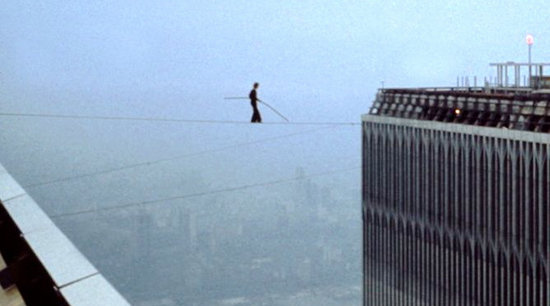There is one thing that I didn’t mention in my review of Another Self Portrait: that these songs are not masterpieces that redefine the history of popular music. In my review, I have downplayed the possible negative aspects. So just to make it clear:The album starts with three songs where Dylan’s guitar is painfully out of tune (thankfully, it gets better, but that sequencing would get you kicked out of album-sequencing class if I were the teacher); many of the songs are not quite well rehearsed or even known — even by Dylan, not to mention poor Bromberg (guitar) and Kooper (piano) who struggle heroically but not always successfully to follow Dylan’s eccentricities and to layer some musical substance over them; Dylan’s vocal inflections are interesting, and most of the time convincing, but he balances dangerously close to the thin line where the listener’s constant fear of a deadly crash overshadows the thrill of the balancing act.

In short, there’s plenty here to be annoyed about, should one be so inclined.
So why am I not? Why have I, in a review of the early incarnation of possibly the worst album in Dylan’s catalogue, not made a single negative remark about it?
Stressors
It’s all about stress. Stressors, rather.
Nassim Taleb, American-Lebanese scholar living in New York, gives a possible clue. It’s hidden in a recent Freakonomics podcast about why, among the most successful people in all the richest countries of the world, there is always someone from Lebanon.
He says:
The idea that anything natural, anything organic, anything biological up to a point reacts a lot better to stressors than without. So in other words, now for example, I’m talking to you now on this [telephone] line. If the line has some noise on it, a little bit of mess here and there, then the listeners will grasp the message a lot better and remember it longer. A little bit of adversity, a little bit of strain, of stress, results in a little more performance on anything.You switch from what Daniel Kahneman calls system one to system two. One system where you’re passive and not making an effort to an effortful one. And that switch takes place via a stressor.
Dylan’s infamous voice is such a stressor — even here, where the iconic raspiness is replaced with a mellow country-croon. But what little stress the voice itself can contribute, is abundantly amplified by the way he uses his voice: His quirky singing. His rhythms, which sometimes are limping, other times just give the impression of being so. His out-of-tune guitar.
Bob Dylan – the Lebanon of Rock’n’Roll
I don’t mean by this to say that Dylan’s music is equivalent to the trials of emigrants from a small country ridden with civil war, but I find the comparison interesting: that a little bit of strain heightens one’s attention in general.
At least the parallel struck me: what Taleb describes — concerning the Lebanese people, but also in general — seemed to correspond well with how I hear a track like “Pretty Saro”. I’m generally allergic to mistuned guitars. So naturally, I cringed when I heard the start of the song for the first time. But I can’t remember having noticed it when the song ended. What I did notice was a narrative. I had been drawn into the song, the lyric universe, the whole musical and textual edifice.
It can work this way because the other elements of the performance are good. But just like with Lebanon, there are situations where the stress becomes destructive. One is when the stressor drowns out the message entirely. The misery of a civil war may have made the inhabitants of Lebanon more focused, as Taleb argues, but there is a limit. If the whole country is bombed to pieces, progress is a long way away.
And it is not the case that a really bad performance gets the message through really well.
The other situation is the Chinese water torture kind of stressor: when the listener gets more focused on waiting for the next slip than on what happens between the slips. The performance can be as good as it gets — it doesn’t matter, if focus isn’t on it. That’s the point of the “balancing act” metaphor above.
I have this experience occasionally, most often with classical musicians: a wrong note here and there doesn’t necessarily matter, but if the flow is broken — and it doesn’t take more than a moment for that to happen — the listener has to be brought back into the flow again. His trust must be regained. And if it happens repeatedly, chances are that the flow goes on without him.
The nightmare: stress-free music
The idea of a slight stressor as something that stimulates experience does not become less interesting if one consider the opposite: the stress-free music. Be it elevator muzak, slick pop, or the most perfect orchestral sound a recording studio can muster: the more effort one makes to remove the mess, the strain, the stress, the more it also flows effortlessly — right through to the other side, without leaving a trace.

Am I grateful for the mistuned guitar? Not at all. Dylan has so many stressors in store that this particular one, I could have done without. But if there is one thing that I’m grateful of, in my relationship with Dylan, it is that he has never gone down the road to perfection.


Leave a Reply